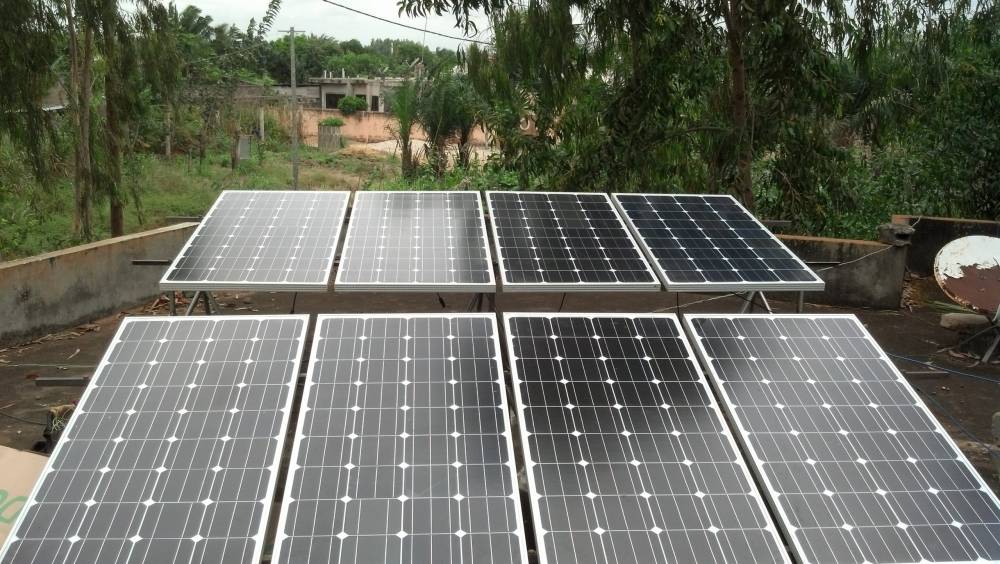
OneWattSolar Issues A ₦10b Bond To Fund The Deployment Of Solar Energy Across Sub-Saharan Africa
OneWattSolar issues a ₦10b bond to fund the deployment of solar energy across Sub-Saharan Africa
OneWattSolar, a startup that leverages Blockchain technology to provide off-grid renewable energy, has issued a $10 billion ($24.33 million) bond to fund the deployment of clean energy across Sub-Saharan Africa.
The Green Bond Issuance program, announced on July 1, 2021, includes a seven-year Green Sukuk issue of 1 billion ($2.4 million).
The bond was led by Comercio Partners, a Lagos-based investment bank, and supported by Marble Capital Limited, a Nigerian Shari'ah-compliant fund manager.
According to Jubril Adeojo, co-founder and chief operating officer of OWS, issuing bonds will help accelerate growth and “attract institutional investors interested in investing in the green economy.”
According to him, the company's current projects require long-term financing, making the bond issuance a logical move.
Notably, this is Africa's first green corporate bond and the first green corporate bond for an off-grid renewable energy project.
Adeojo asserts that OWS is setting a precedent for corporate entities seeking to issue Green Sukuk Bonds.
When asked how the company was qualified for the bond issuance, he cited the company's bankable business model and track record in Nigeria's renewable energy sector.
He also mentioned the role of Financial Sector Deepening Africa (FSD), a UK-funded development agency focused on strengthening financial markets in Sub-Saharan Africa, in assisting OWS with technical assistance.
What is a Sukuk? According to the co-founder, the goal is to "write history" and "invite Islamic investors to participate in the issuance."
One company, several partners
Adeojo compares OWS's business model to Uber, but for energy services.
“We work with a number of solar companies throughout the continent that provide installation and maintenance services. What we do is supply the hardware, such as solar panels and inverters, as well as the software that enables the hardware to operate seamlessly.”
OWS utilizes software such as artificial intelligence (AI) and blockchain to facilitate services such as payment and monitoring.
Adeojo explains how OWS operates by breaking it down into brokers who source for clients and solar companies that install hardware.
According to him, the company creates jobs for young engineers through this model.
These engineers, who are supervised by solar companies, can also participate in the installation process independently. Additionally, they will be responsible for maintenance, which means they will continue to earn as long as the installed hardware is in use.
The renewable energy company's vision is to deploy 14,000 megawatts of off-grid renewable energy across Sub-Saharan Africa in order to help the region's energy sector decarbonize.
According to the United Nations' (UN) Fact Sheet on Climate Change, "Africa is the continent most vulnerable to the effects of climate change," emitting 0.8 metric tons of carbon dioxide per capita in 2000.
Adeojo, on the other hand, claims that OWS has partnered with solar companies and installers to deploy over 50 megawatts of renewable energy across Nigeria.
The company can now accelerate its vision of installing 14,000 megawatts of clean energy in Sub-Saharan Africa by 2030 through this issuance.
While this is not the first time an African startup has used bonds to raise capital, it is a relatively recent development. Only time will tell whether this is a trend that will catch on.
Courses and Certification
Power Electronics Course and Certificate
Solar Energy Systems Course and Certificate

